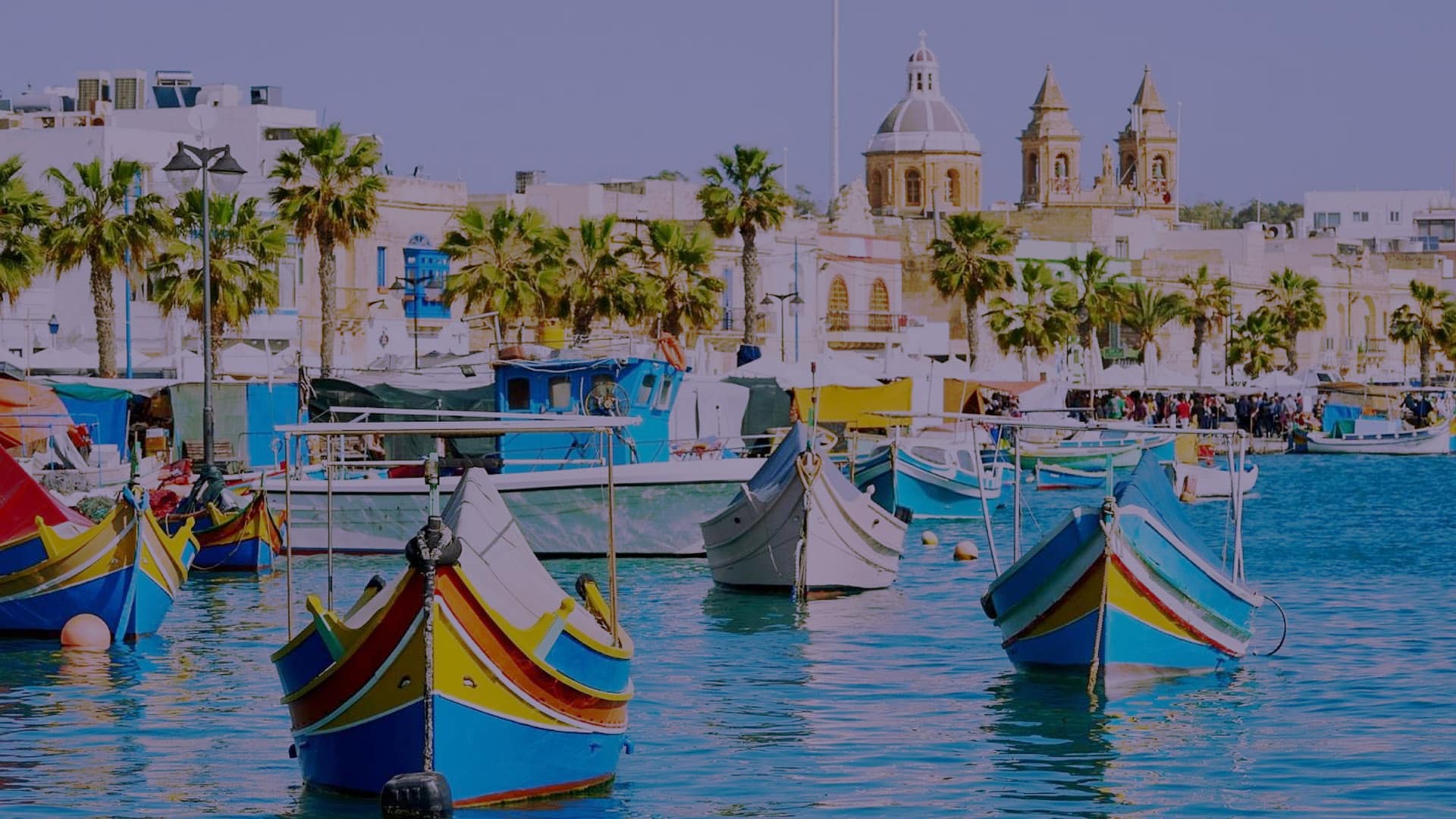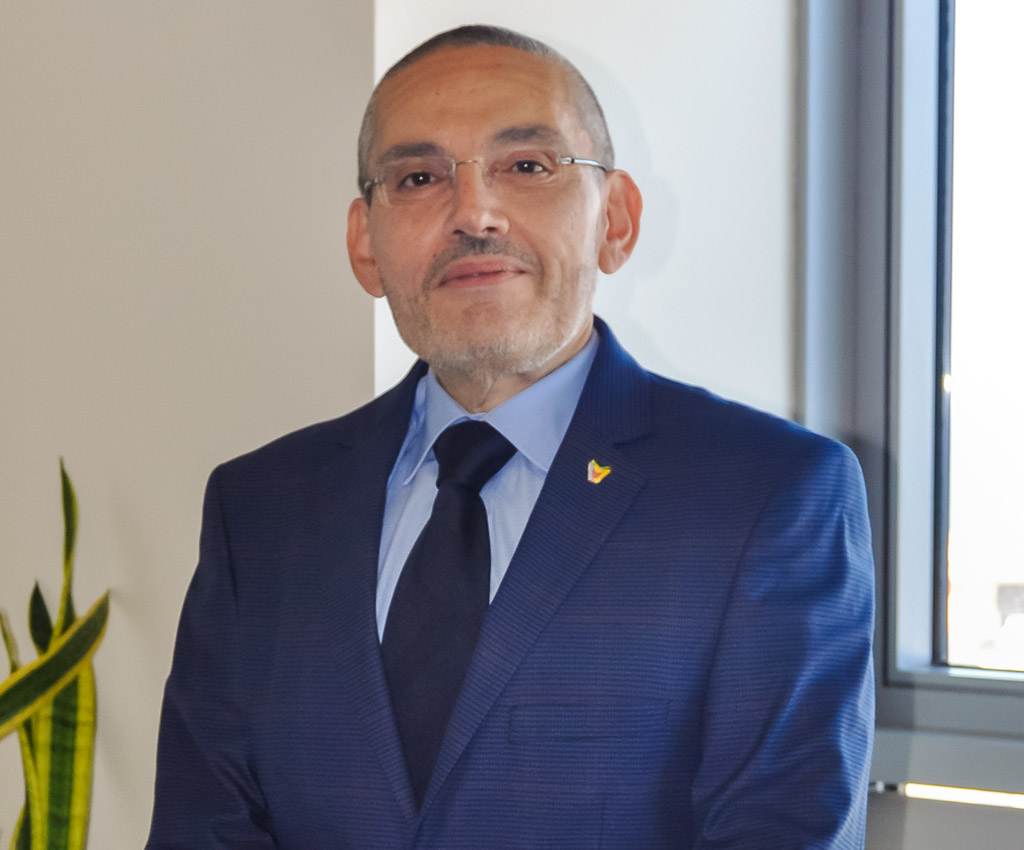
HORECA Interview: Arthur Grima, Marketing Director, MTA

Art of Italian Perfection with Surgital
January 8, 2024
Food Science: Single Celled Fungi & Fungal Protists
January 20, 2024"We cannot, and should not, engage in price-driven tourism. Instead, our focus is to offer a quality holiday experience."
Q: Could you share some insights into the current state of tourism in Malta and how it has evolved in the past few years?
A: After enjoying a decade of continuous growth, culminating in 2019 when we welcomed over 2.7 million visitors, the pandemic abruptly interrupted this streak. However, we seized this unwanted break as an opportunity to provide training for our staff members and the hospitality workforce, preparing them for a swift rebound once the crisis subsided.
Additionally, throughout this challenging period, we remained dedicated to promoting our destination, ensuring that Malta remained at the forefront of travellers' minds, and paving the way for a rapid recovery. Following the pandemic, we observed a rapid resurgence in visitor numbers, and as of August this year, we have surpassed our 2019 performance. We eagerly anticipate concluding the year with a historic record in both visitor numbers and expenditures.
Q: What marketing strategies and initiatives has the Malta Tourism Authority implemented to promote tourism in Malta recently, especially considering the challenges posed by the global pandemic?
A: We've recently unveiled a new tagline, 'Explore More', as an evolution from our previous slogan, 'More to Explore'. This fresh tagline is accompanied by additional identifiers like 'Explore More Flavours', complemented by imagery tailored to the specific market segments we aim to engage. This development is truly invigorating, infusing our tagline with renewed energy. It resonates more effectively with our audience, converting our tagline into a clear call to action (CTA). The 'Explore More' tagline seamlessly aligns with our overarching strategy, simplifying message conveyance while promoting diverse segments.
Our strategy is based on three core elements: geographical planning, demographic targeting, and motivation-driven marketing. With this new tagline, we can now focus on distinct segments, catering to the varied interests of our audience across different markets and at different times of the year.
We will aim at maintaining a comprehensive 360-degree marketing approach, covering every part of a customer's journey and interaction with our brand. This entails utilizing various marketing channels, online and offline, to deliver a unified and consistent brand experience. Our goal is to offer personalized, targeted messages to potential customers through multiple touchpoints.
To achieve this, we'll collaborate with our brand partners and trade associates, actively participating in fairs, workshops, roadshows, and events while creating a range of activations. Hosting foreign media representatives, known for delivering exceptional returns on investment (ROI), remains a central focus. Additionally, we'll continue our regular advertising initiatives across various offline and online platforms, utilizing a wide array of media, from digital to television.
Promoting our diverse segments and motivations is pivotal in our strategy. We've integrated experts specializing in these segments into our Marketing Department, improving our geographically structured approach by assigning specific segments to each Geographical Unit. This ensures that each unit takes ownership of a particular segment, serving as the primary point of contact for colleagues and trade partners, both locally and internationally.
Q: Sustainability and responsible tourism have become significant factors in travellers’ decision-making. How is Malta embracing these principles in its tourism development?
A: Over the course of several years, the Maltese Government has implemented a range of initiatives aimed at reducing the consumption of fossil fuels, limiting plastic use, and lowering emissions. Concurrently, the Malta Tourism Authority (MTA) has pursued a strategy focused on achieving a more balanced distribution of tourists throughout the entire year. In the meantime, accommodation options are available beyond specific zones, thus mitigating the impact on particular locations at any given time.
Today, the Maltese islands have evolved into a year-round destination. While there is still considerable demand during July and August, the MTA has allocated its marketing resources toward the quieter, off-peak months. This targeted approach caters to various niche segments such as gastronomy, faith, history, and active travelelrs, among others. The effectiveness of this strategy is evident as visitor numbers have increased consistently throughout the year, without adding more pressures on peak months. The Maltese islands have transitioned from being a seasonal destination to one that optimally utilizes available resources year-round, contributing to improved sustainability.
Considering that Malta is a small island nation without natural resources, tourism serves as a crucial economic pillar. Sustainable initiatives ensure a better experience for both locals and tourists alike. Substantial progress has already been made, and undoubtedly, more initiatives will be introduced in the months and years ahead.

Q: Malta has a rich cultural heritage and historical sites. How is the Malta Tourism Authority working to showcase these attractions to a global audience while preserving their authenticity?
A: Our cultural heritage and historical landmarks serve as our primary unique selling proposition (USP), which we actively promote throughout the year, especially during the quieter months when short city breaks are in higher demand. As previously mentioned, we have a dedicated marketing unit that specializes in catering to this particular market segment. This unit serves as a valuable resource for all our marketing colleagues and trade partners. Recognizing the significance of this segment in attracting the desired quality of tourism, we give it the attention it rightfully deserves.
Q: In a highly competitive global tourism market, what unique selling points does Malta offer to travelers, and how does the Authority highlight them in its marketing campaigns?
A: We have moved away from direct competition on price with other destinations, recognizing that our costs are what they are, and we cannot and should not engage in price-driven tourism. Instead, our focus is to offer a quality holiday experience. This brings me back to our strategic approach, which is centered on specific market segments and tailored to the season.
In general, our marketing and PR efforts are carefully planned to highlight various interests depending on the time of the year. For instance, during Quarter 1 (Jan-Feb), our target areas include Short Breaks, Lifestyle, Active Holidays, M.I.C.E. (Meetings, Incentives, Conferences, and Exhibitions), and Training Camps. In Quarter 2 (Apr-Jun), we concentrate on Active Holidays, Family Holidays, Events, Diving, Group Travel, and ELT (English Language Training). Moving on to Quarter 3 (Jul-Sep), we promote Family Holidays, Culture, Sun and Sea, Diving, Events, and ELT. Finally, in Quarter 4 (Oct-Dec), our attention shifts towards Short Breaks, Lifestyle, Active Holidays, M.I.C.E., and Family Holidays.
For this reason, our rebranded image, accompanied by a tagline that aligns with the characteristics of the specific market segment we are targeting, serves as a powerful tool to convey our message to the right audience. It does so efficiently, relying more on the chosen images to portray the destination than on the use of many words.
Q: Looking ahead, what are the key tourism trends and initiatives that the Malta Tourism Authority has in store for the coming years to further enhance Malta's position as a premier tourist destination?
A: As history has shown us, our industry is highly influenced by global developments, yet it also possesses remarkable resilience, bouncing back swiftly. Many factors are beyond our control, so let's concentrate on what we can influence.
It's important to acknowledge that competing solely on price is not a viable option since there will always be a cheaper alternative. Instead, our focus should be on preserving our authenticity, elevating industry standards, championing sustainable initiatives, creating high-quality events, and delivering a comprehensive, top-notch product.
I want to emphasize that our collective efforts, both as the MTA and as an industry, may prove futile if we fail to safeguard our distinctive character and respect our Mediterranean identity. All of us on these islands need to be aligned towards a sustainable economy that safeguards the unique character and style of the Maltese islands for generations to come.
It is only in this way that we will manage to keep our identity and USP’s that shall allow MTA and the industry to reach the objectives laid out in the 2021-2030 Tourism Strategy.



